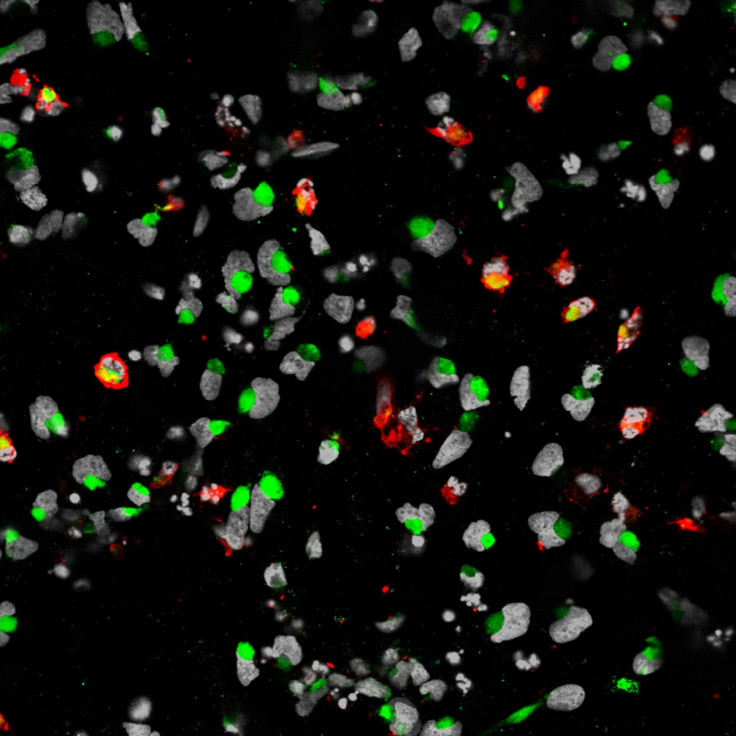Zika birth defects: How virus causes microcephaly potentially discovered

Scientists may have identified how the Zika virus causes the birth defect, microcephaly. They say that the virus selectively targets neural stem cells in the brain of developing foetuses, making them less likely to divide.
Researchers have known about the Zika virus since 1947, but its health effects have been relatively unknown. A major outbreak in Brazil from May 2015 has since spread globally, and a total of 48 countries have reported local transmission of the virus.
In Brazil, nearly 5,000 suspected cases of microcephaly is believed to be linked with Zika alone.
No scientific evidence has been able to link Zika and microcephaly – a birth defect which causes the head to grow incorrectly. However, research published in Cell Stem Cell is the first study to potentially show how the virus causes the condition.
Guo-li Ming, researcher working on the investigation said: "While this study doesn't definitely prove that Zika virus causes microcephaly, it's very telling that the cells that form the cortex are potentially susceptible to the virus, and their growth could be disrupted by the virus."
Examining Zika and microcephaly
The researchers compared Zika's effect on cells known as cortical neural progenitor cells – the outer layer of the brain. Cortical cells made from pluripotent stem cells were given the virus at a "low multiplicity of infection" – essentially meaning a low dose.

After just 56 days, the infection had managed to spread to almost 90% of the cells. Most of these were already dead, and others had their genetic make-up altered. The researchers, from Johns Hopkins Institute for Cell Engineering and Florida State University, believe this could be the missing key to the Zika virus mystery.
"We're trying to fill the knowledge gap between infection and the neurological defects," said Hengli Tang, a scientist on the study. "This research is the very first step in that.
"It enables us to focus the research. Now you can be studying the virus in the right cell type, screening your drugs on the right cell type and studying the biology of the right cell type."
Researcher Hongjun Song added: "What we show is that the Zika virus infects neuronal cells in dish that are counterparts to those that form the cortex during human brain development."
IBTimes UK asked Ming how confident she is that this study has found the biological link between Zika and microcephaly. "I would think more than 50%, given that in genetic forms of microcephaly, it was suggested to be a result of dysregulation of neural progenitor cells," she responded.
"The next step is to first confirm this link, of course. But in the meantime, our experimental system can already be used for searching for preventions."
Could Zika remain in the body after infection?
Experts are still unsure whether Zika can remain latent in the body long after initial infection – potentially causing birth defects years after symptoms of the virus have disappeared in the mother.
Claire Panosian, from the University of California, Los Angeles' division of infectious diseases, believes there is no reason to risk it. She told Reuters: "Women of child-bearing age should be very scrupulous – wait several months."
The US Centres for Disease Control and Prevention has advised pregnant women to consider avoiding the 2016 Olympics because of the virus. The Rio 106 Summer Olympics game has been planned for more than six years, but some potential athletes have begun to express doubts about their participation because of the Zika threat.
"If things stood as they are right now, I probably would not go," said US football goalkeeper, Hope Solo. She told CBS: "At some point I do want to start a family and I don't want to be worried. I don't want those anxieties, I don't want the constant tests, I don't want to risk the safety of a child."
There are now over 72,000 suspected cases of the Zika virus in Brazil alone. Across North and South America, that total reaches almost 145,000.
More about the Zika virus
© Copyright IBTimes 2025. All rights reserved.






















